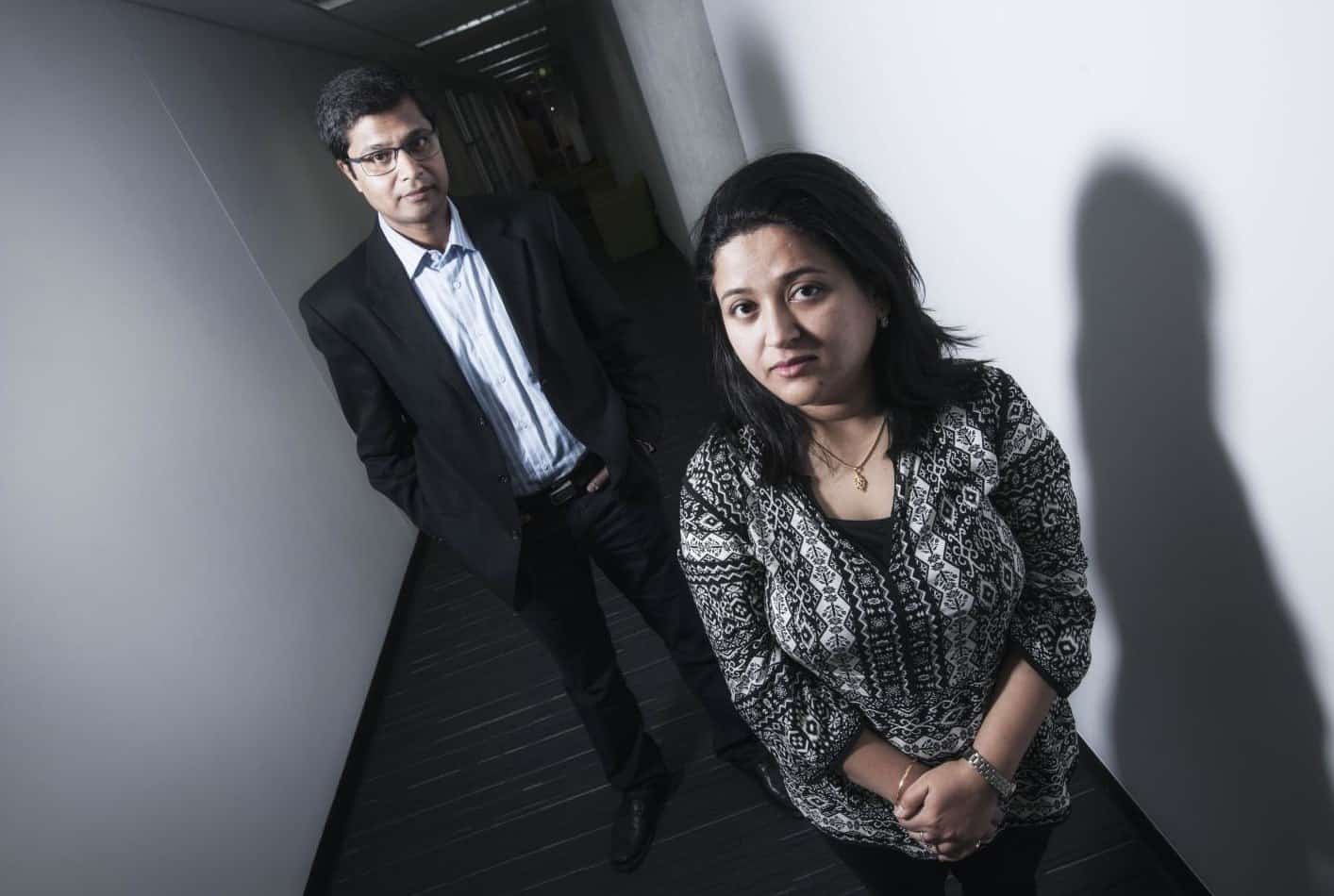Millions of children are trapped in child labor. But recent QUT research shows this may be due more to unequal access to education than poverty.
Dr Jayanta Sarkar and Dr Dipanwita Sarkar, from QUT Business School, worked together to create an innovative economic model that overlaps generations to explain how–despite the decrease of poverty–child labor persists in developing nations. Until education is equally available to children, they will continue to be trapped in child labor. Dr Jayanta Sarkar said, “Typically schooling, even in a ‘free’ education system, imposes a large burden on the poor through the fixed costs of things like transportation to and from school and books and other materials.”







Freedom United is interested in hearing from our community and welcomes relevant, informed comments, advice, and insights that advance the conversation around our campaigns and advocacy. We value inclusivity and respect within our community. To be approved, your comments should be civil.